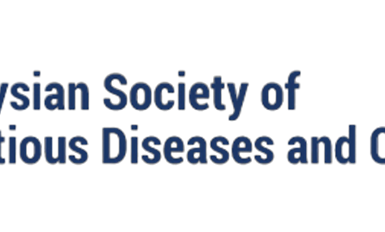by Kausalyaa Kaliapan
Most people who contracted Covid-19 recover within a few weeks. However, for some, even those who had mild cases, symptoms can linger long after the initial illness. These ongoing health issues are often referred to as long Covid, post-Covid-19 syndrome or post-Covid conditions.
Long Covid is essentially a collection of symptoms that persist after the acute phase of the infection has passed. It is estimated that around 5% to 10% of people who have had Covid-19 might experience these lingering effects, though the wide range of symptoms and their varying durations make it difficult to pinpoint exactly how many people are affected.
Long Covid is associated with a variety of symptoms. Although some people may suffer more than one of the symptoms linked to long Covid, most people do not experience them all. Some symptoms improve quickly, while others may persist for much longer.
Interestingly, the likelihood of developing long-term symptoms does not necessarily correlate with how severe your initial Covid-19 case was. Among the most common symptoms are shortness of breath and lack of energy/fatigue.
Other potential symptoms include the loss or alteration of sense of smell or taste, difficulty thinking or focusing, headaches, chronic cough, difficulty sleeping or insomnia, chest pain, heart palpitations, and even digestive issues like diarrhea.
On top of that, the psychological effects of experiencing a serious illness can be a lasting impact. If you had a severe case of Covid-19, especially one that required hospitalization, you might develop anxiety and depression.
Experts are still working to understand the exact causes of long Covid, but several factors have been found to potentially have a role in its development. For instance, the formation of tiny blood clots. While these clots might not cause major events like strokes, they can still interfere with the proper functioning of organs like the lungs or brain. Additionally, the immune system may overreact and continue causing inflammation in organs and tissues long after the infection has been cleared.
In some cases, Covid-19 might trigger the immune system to mistakenly attack the body, similar to what happens in autoimmune disorder. Moreover, the virus that causes Covid-19, SARSCoV2, might linger in the body even after you have recovered from the acute illness. While you may no longer test positive or contagious, it could still be causing issues in your system.
Hence, all of this underscores the importance of taking precautions to prevent contracting Covid-19 again. Staying vigilant and safeguarding our health is crucial in minimizing the risk of both initial infection and potential long-term complications.




























Add comment